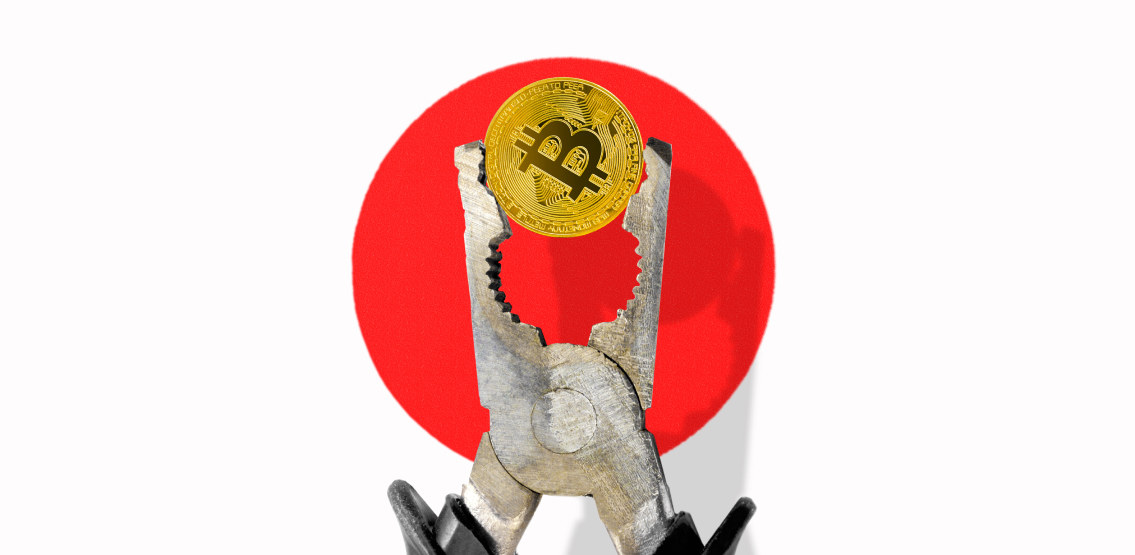A senior Bank of Japan (BoJ) official has said that a common framework is urgently needed by the group of 7 nations in order to regulate cryptocurrencies before they “upend” the global settlement system.
One of the main reasons proffered for doing so was the possibility that Russia might use cryptocurrencies in order to evade the sanctions imposed on it after its invasion of Ukraine.
According to a Reuters report, the BoJ believes that crypto has come under the spotlight due to the Russia/Ukraine conflict, and that a loophole could be created that would enable Russia to avoid international sanctions by using it.
In fact, Kazushige Kamiyama, the head of the BOJ’s payment and settlement systems department, says that it wouldn’t be difficult to create an individual global settlement system via the use of stablecoins, which could comprise the yen, US dollar, or euro.
Kamiyama urges the group of seven advanced economies to act quickly to update current rules that will take digital currencies into account. Kamiyama said:
“G7 nations are now working together on this front, while sharing information on current developments,”
However, Kamiyama’s remarks do rather fly in the face of expert opinion on Russia being able to use crypto with any measure of success. The Financial Crimes Enforcement Network (FinCEN) had stated that the Russian government’s use of crypto was not “necessarily practicable”.
It could probably be said that the BoJ is far more interested in the design and roll out of its own central bank digital currency (CBDC). Any developments in the regulation of cryptocurrencies may well have knock-on effects for a central bank digital yen.
Kamiyama remarked that the BoJ was eager to keep up with developments and did not want to get left behind.
“Given how so many advanced nation central banks are moving collectively, dramatically and simultaneously on CBDC, it could cause big changes in the settlement system in the future,” he said. “Japan needs to make sure it’s not left behind.”
Disclaimer: This article is provided for informational purposes only. It is not offered or intended to be used as legal, tax, investment, financial, or other advice.
Credit: Source link























